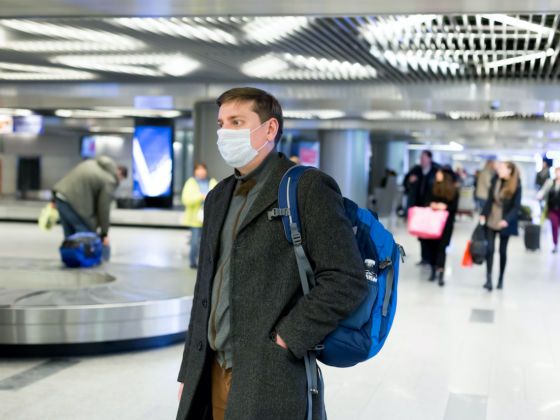I woke up this morning to an insane number of messages. Like, “Lady Gaga is dating your ex-boyfriend” insane. I went to bed in Prague knowing Donald Trump was going to address the nation at 2:00 AM local time, but I literally wasn’t going to lose any sleep over it. When I woke up, I knew the news wasn’t good.
The messages were from dozens of people, all well-meaning, with screenshots of headlines saying “Trump bans all travel from Europe.” Obviously, my stomach sank, and a quick online search found a lot of similar headlines, which led me to believe I’d be stuck over here for at least a month. As I started perusing long-term Airbnbs in Bratislava, I thought, “Maybe I should look a little further into this. I can’t see him stranding thousands of people over here indefinitely.”
